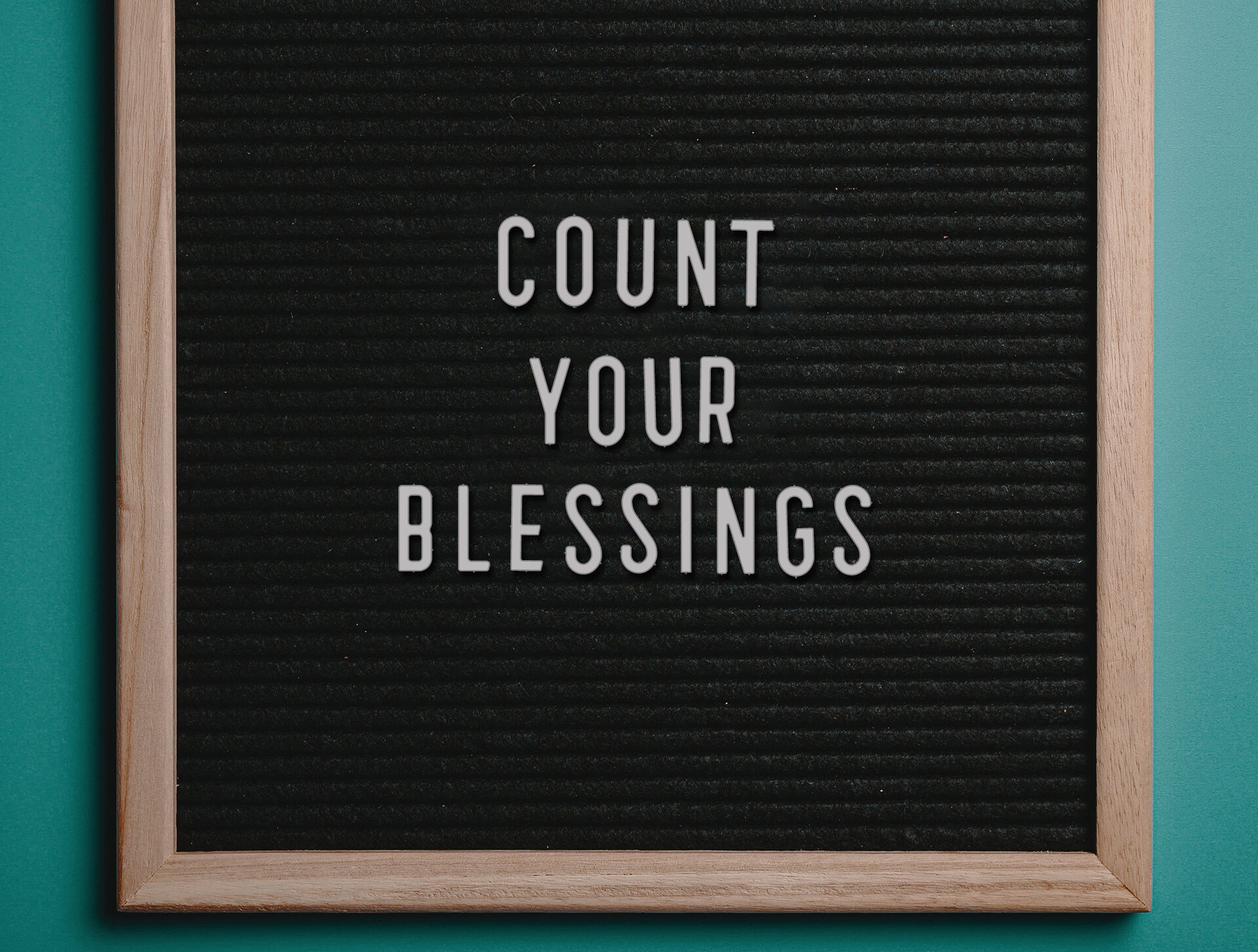This week’s Torah portion begins with a dramatic proclamation:
“See, I set before you today blessing and curse.”
On the surface, it sounds so simple: two options, door A and door B. One is blessing, one is curse. Who wouldn’t choose blessing? Who looks at the menu of life and says, “You know what, I’ll take the curse, with a side of fries?”
But the truth is… we don’t always choose blessing. Not because we’re bad, but because life is complicated. Sometimes the path of blessing requires patience, understanding, and flexibility (to quote Rabbi Cohen)—qualities that might not come naturally or instinctually to many of us.
What does blessing actually mean?
In the Torah, blessing isn’t about winning the lottery or never getting sick. Blessing is about building a society rooted in tzedek (justice), chesed (compassion), and k’dusha (holiness). When the Israelites are told to care for the vulnerable, to celebrate together, to reject idols—it’s not just about observing rituals. It’s shaping a culture where people feel God’s presence in daily life.
Blessing, then, is not something that just happens to us. Blessing is something we choose—through how we act, speak, and live in every moment.
- Choosing to call your parent or friend, even though the conversation may be longer than you planned is a blessing.
- Choosing to smile and say thank you to a waiter or cashier, even when you’re tired, because maybe you’ll be the one kind face they see all day is a blessing.
- Choosing to show up for a friend’s simcha (joyous occasion) or to sit beside someone in their grief, even when you’re busy is a blessing.
- Choosing to unplug on Shabbat, especially if it creates a change in your routine that helps you to see other blessings in your life is a blessing.
Blessing is not, nor was it ever meant to be, abstract. It’s the accumulation of daily choices that make life more human and more holy.
Choosing blessing doesn’t always mean choosing easy. It might mean giving up convenience. It might mean standing up for what’s right when it causes uncomfortable friction. It might mean being generous when you’d rather hold back.
Blessing is like a muscle. The more we choose it, the stronger it gets. And over time, those choices ripple outward, creating a community, a family, a world that feels different, more hopeful, more loving, and more whole.
Moses begins with the word R’eih—“See.” Why not “Hear” or “Know?” Because choosing blessing requires vision. We have to see beyond the immediate to the long-term impact of our choices. We have to see humanity in the stranger. We have to see that even small acts can change someone’s day—or their life.
Every day, blessing and curse sit before us. Not on a mountaintop, not in some faraway land—but right here, in our words, our actions, our choices.
So maybe the question this week isn’t: What is blessing?
Maybe it’s: What blessing can I choose today?
It won’t be perfect. Some days we’ll slip. But if, day by day, we keep leaning toward tzedek (justice), chesed (compassion), and k’dusha (holiness)—then we’ll discover what Moses promised long ago: that blessing is not only something we choose, but something that becomes the open door to a life well lived.

